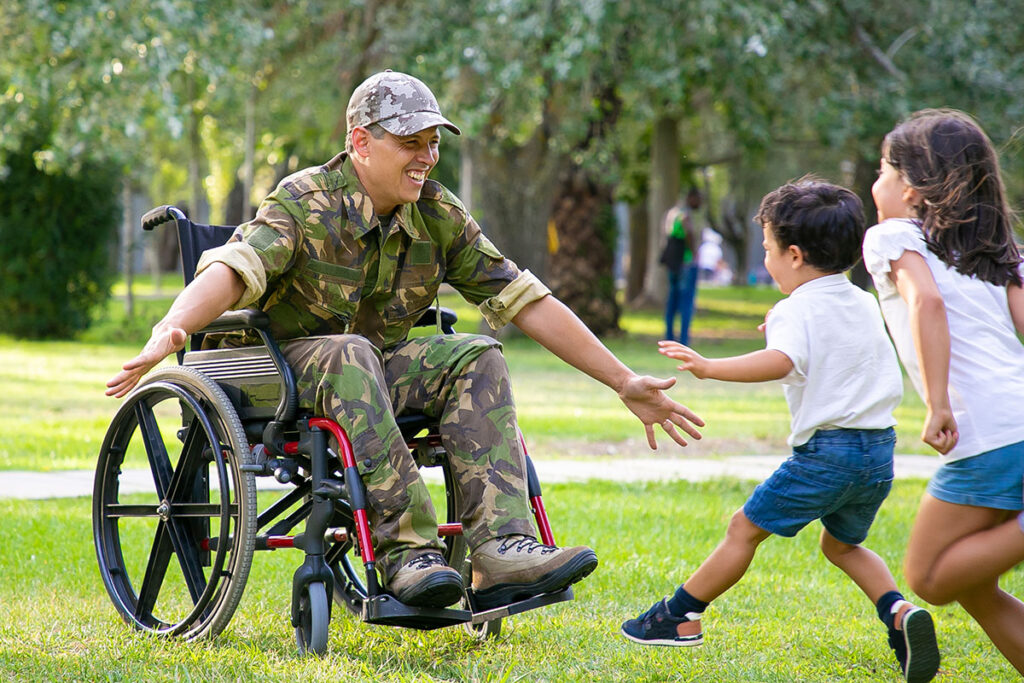Common Mistakes to Avoid When Filing for VA Disability Benefits
Filing for VA disability benefits is often a lengthy and complex process, and many applicants unknowingly make errors that lead to claim denials. One of the most frequent mistakes is delaying the application. There is no requirement to wait until an injury or illness worsens before filing a claim.

In fact, the earlier the process begins, the more likely it is that benefits can be received without significant delays or losses. Waiting too long can result in missing out on months—or even years—of deserved compensation.
1. Submitting Incomplete or Unclear Information
Successful claims depend heavily on clear, detailed, and well-documented evidence. Simply stating that a disability exists is not enough. Applicants must explain how the condition directly impacts daily life, both personally and professionally.
Every document submitted should be carefully reviewed for clarity, consistency, and completeness. Disorganized paperwork or conflicting statements can lead to confusion for the claims examiner and increase the chances of a denial.
2. Missing a Medical Nexus Opinion
A crucial element in any VA claim is a medical opinion that links the condition to military service. Submitting only medical records that show a diagnosis is insufficient. A qualified healthcare provider must clearly state that the disability is likely related to time spent in service. Without this connection—or “nexus”—claims often do not meet approval standards.
3. Ignoring Secondary Conditions
Many service-related injuries or illnesses lead to additional complications. For instance, chronic pain may result in sleep disturbances, or a knee injury could cause problems in the opposite leg due to altered movement.
These secondary issues are also eligible for compensation but are frequently overlooked by applicants. Failing to report them can mean missing out on the full scope of benefits.
4. Overlooking Mental Health Conditions
Mental health concerns stemming from service are more common than many realize. Conditions like post-traumatic stress disorder (PTSD), anxiety, depression, panic attacks, and sleep disorders can be just as debilitating as physical injuries. These issues can interfere with relationships, employment, and everyday functioning.
The disability system acknowledges mental health challenges and evaluates them based on how severely they impact quality of life. It’s important to include these in any claim where applicable.
5. Not Appealing Denied or Underrated Claims
A denied claim or a rating lower than expected is not the end of the road. Every applicant has the right to file an appeal. This can involve requesting a senior review, submitting additional evidence, or attending a hearing.
Many veterans give up after a denial, missing the opportunity to present stronger documentation or clarify inconsistencies. Pursuing an appeal can make a significant difference in the outcome.
6. Not Seeking Legal Help After a Denial
Understanding the legal aspects of VA disability benefits can be overwhelming. The rules are detailed and frequently updated, and many applicants may not know how to navigate the appeals process effectively.
Legal guidance can be extremely helpful at this stage. An experienced advocate understands what the VA looks for and can assist in gathering the right evidence, meeting deadlines, and strengthening the case.
Final Thoughts
Mistakes in a VA disability claim can lead to unnecessary delays or denied benefits. Starting the process early, gathering thorough documentation, and understanding the connection between service and disability are all essential steps. Mental health issues, secondary conditions, and appeal rights should not be overlooked. And when the process becomes too complex, don’t hesitate to seek professional support to ensure your rights are protected and your case is properly presented.

